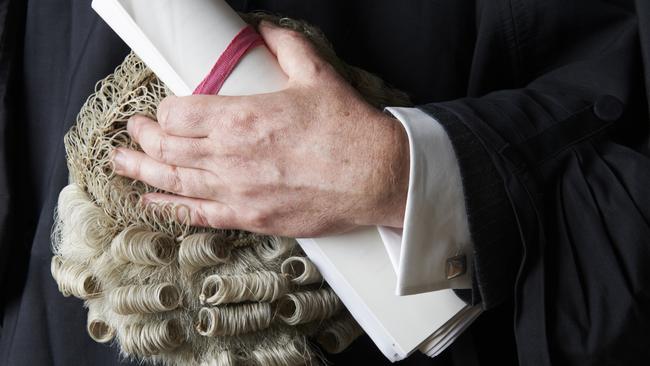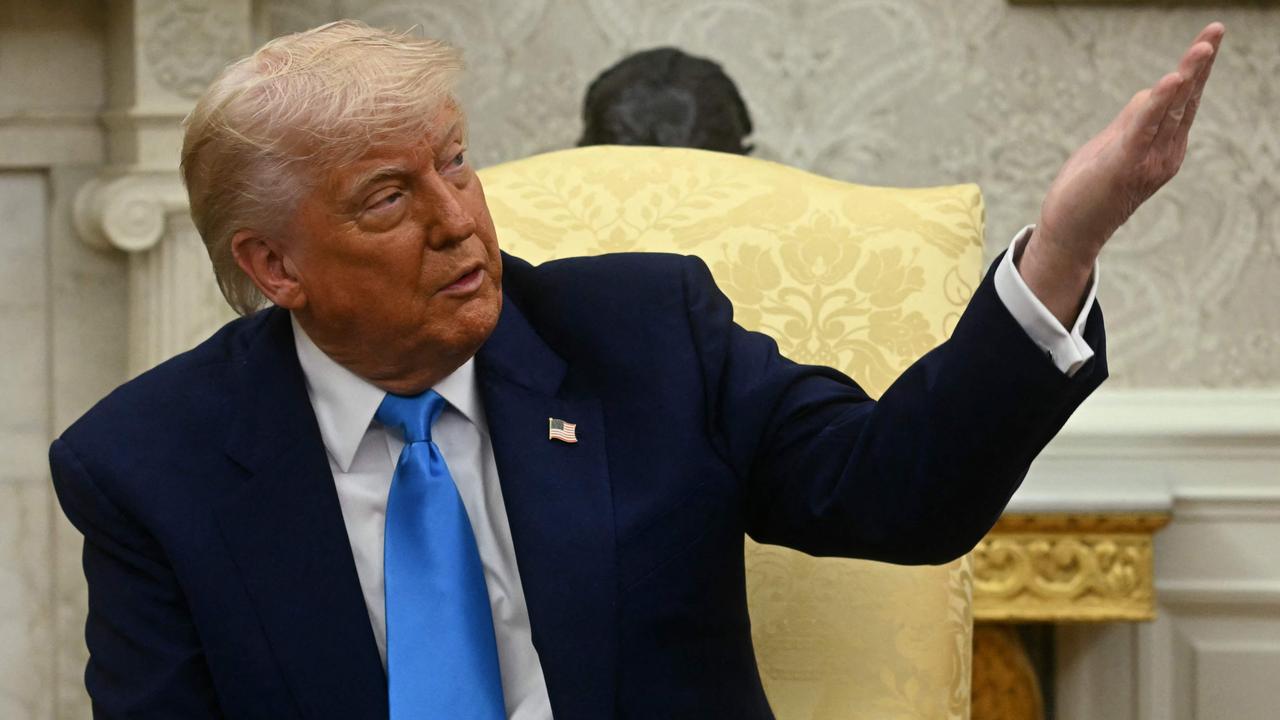Media ‘vital’ but should not sway judges: Federal Court justice
Judges must refrain from bowing to ‘knee-jerk’ criticism that comes in the wake of unpopular decision-making, a Federal Court judge says.

Judges must refrain from bowing to “knee-jerk” criticism that comes in the wake of unpopular decision-making, a Federal Court judge says, while acknowledging the “vital” role of the press when issues are not sufficiently addressed by the justice system.
In delivering the Sir Francis Burton oration last month, judge Katrina Banks-Smith noted the “all-important freedom of the press” but said judges should be wary that reports might become increasingly marred by “sensationalism and distortion” because of increased pressure on media companies.
She said while there was “no reason” why judges couldn’t “look to informed public debate in the media as a general source of information about matters of public concern”, they must be careful not to “be influenced by the media in relation to any case before them”.
“Furthermore, they must be assiduously careful to preserve the integrity of any proceedings, criminal or civil, that are before them,” she said.
Her comments come amid debate between Federal Court judges regarding the role of the media in court proceedings, and discussions around the meaning of open justice.
The Australian this week reported on a speech by Federal Court Chief Justice Debra Mortimer in which she said “open justice is not open slather” and the media is not automatically entitled to access the “juicy” details of cases that may be suppressed.
Meanwhile, judge Michael Lee appears to be running a subtle campaign instructing media organisations to hold the courts to account and fight “swingeing” suppression and non-publication orders.
While Justice Banks-Smith did not wade into the suppression order debate, she said “courts still can and do impose limits” on the media. “They direct juries not to access media that might relate to the trial at hand,” she said. “They may restrain media publication to preserve an accused’s access to a fair trial. They may sanction conduct with contempt findings.”
Justice Banks-Smith said there should be a “healthy co-existence” between journalists and the courts, and the media offered “the instant vocalisation of what is happening in court and opinions on outcomes”.
“The media, and in particular the mainstream media and informed investigative journalism, has the capacity to disclose issues not sufficiently addressed by the justice system at a particular time, and so is a powerful driver of change,” she said, pointing to the investigative reporting that led to the Robodebt royal commission.
However, she said the “competitive nature” of media meant a “risk of sensationalism and distortion in reporting, despite the fact it can also be assumed journalists generally seek to report accurately, with integrity”.
“This risk … must be accepted as part of the all-important freedom of the press. It may, regrettably, be one that is increasing as the rise of social media continues to strangle the flow of resources to mainstream print and broadcast journalism,” she said. “Judges must not be influenced by media reporting at the extremes.
“Judges as factfinders are attuned to the search for evidence. They are experienced in assessing what they should and should not listen to and what evidence they should or should not reject.
“Moderating intemperate positions on all sides of a contentious issue is one legitimate outcome of a proper exercise of the judicial function.”






To join the conversation, please log in. Don't have an account? Register
Join the conversation, you are commenting as Logout